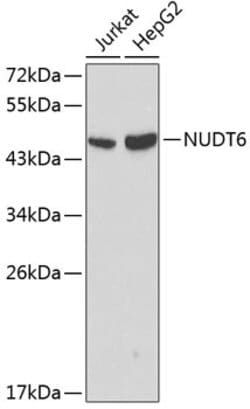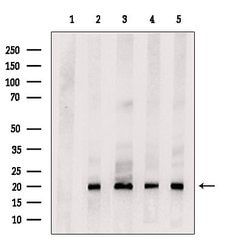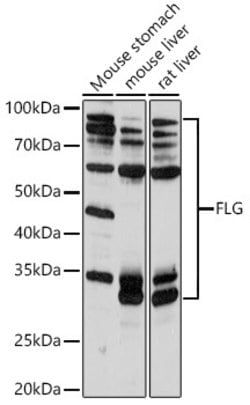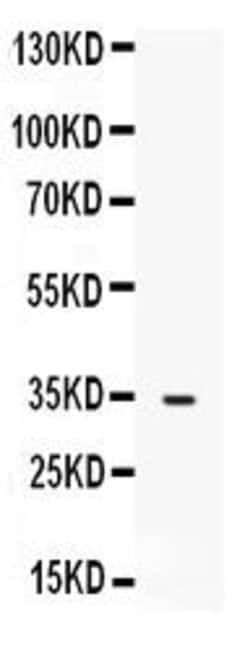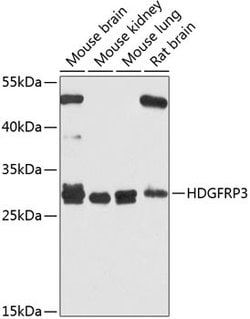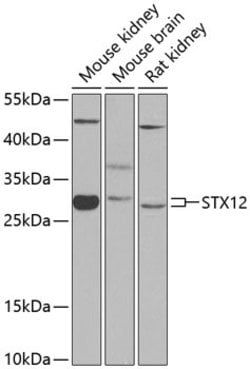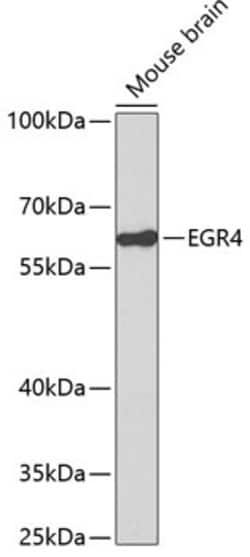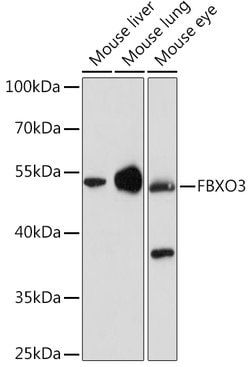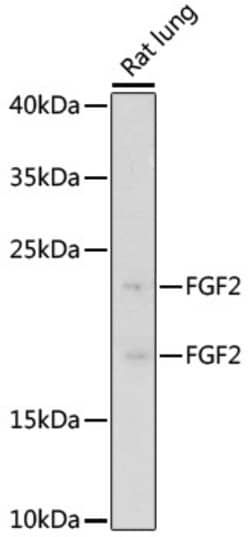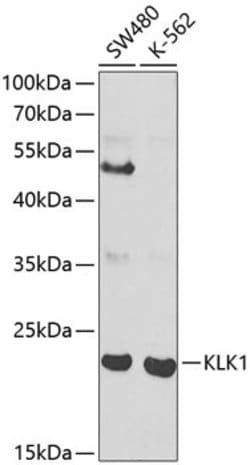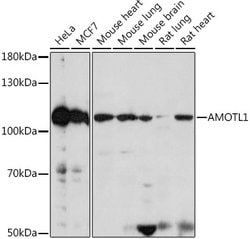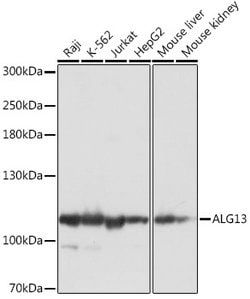FGF2 Polyclonal Antibody, Invitrogen™
Manufacturer: Thermo Scientific
Select a Size
| Pack Size | SKU | Availability | Price |
|---|---|---|---|
| Each of 1 | PIPA5116797-Each-of-1 | In Stock | ₹ 46,502.50 |
PIPA5116797 - Each of 1
In Stock
Quantity
1
Base Price: ₹ 46,502.50
GST (18%): ₹ 8,370.45
Total Price: ₹ 54,872.95
Antigen
FGF2
Classification
Polyclonal
Conjugate
Unconjugated
Gene
FGF2
Gene Alias
Basic fibroblast growth factor; basic fibroblast growth factor bFGF; bFGF; FGF; fgf basic; Fgf2; Fgf-2; Fgfb; FGF-b; Fibroblast growth factor; fibroblast growth factor 2; fibroblast growth factor 2 (basic); HBGF-2; Heparin-binding growth factor 2; H-FGF-b-147; H-FGF-b-154; M-FGF-b; Prostatic growth factor; prostatropin
Host Species
Rabbit
Purification Method
Affinity chromatography
Regulatory Status
RUO
Gene ID (Entrez)
14173, 2247, 54250
Content And Storage
-20° C, Avoid Freeze/Thaw Cycles
Form
Liquid
Applications
Western Blot
Concentration
3.46 mg/mL
Formulation
PBS with 50% glycerol and 0.01% thimerosal; pH 7.3
Gene Accession No.
P09038, P13109, P15655
Gene Symbols
FGF2
Immunogen
Recombinant fusion protein containing a sequence corresponding to amino acids 143-288 of FGF2 (NP_001997.5).
Quantity
100 μL
Primary or Secondary
Primary
Target Species
Human, Mouse, Rat
Product Type
Antibody
Isotype
IgG
Description
- Positive Samples: mouse lung, rat lung Immunogen sequence: PALPEDGGSG AFPPGHFKDP KRLYCKNGGF FLRIHPDGRV DGVREKSDPH IKLQLQAEER GVVSIKGVCA NRYLAMKEDG RLLASKCVTD ECFFFERLES NNYNTYRSRK YTSWYVALKR TGQYKLGSKT GPGQKAILFL PMSAKS FGF2 (FGFb, fibroblast growth factor basic) belongs to the fibroblast growth factor (FGF) family, and interacts with high-affinity transmembrane receptors to influence cell proliferation and tissue neovascularization
- FGF2 exists as five isoforms with distinct intracellular localizations and functions
- The 18 kDa isoform is predominantly cytosolic and acts through cell surface receptors, whereas the 22, 22.5, 24 and 34 kDa isoforms are nuclear and may signal independent of transmembrane receptor pathways
- In humans, the gene is located on the q arm of chromosome 4
- FGF2 has been implicated in diverse biological processes, such as limb and nervous system development, wound healing, and tumor growth
- The mRNA for FGF2 contains multiple polyadenylation sites, and is alternatively translated from non-AUG and AUG initiation codons, resulting in five different isoforms with distinct properties
- The CUG-initiated isoforms are localized in the nucleus and are responsible for the intracrine effect, whereas, the AUG-initiated form is mostly cytosolic and is responsible for the paracrine and autocrine effects of this FGF
- Diseases associated with FGF2 dysfunction include Kaposi Sarcoma and corneal neovascularization.
